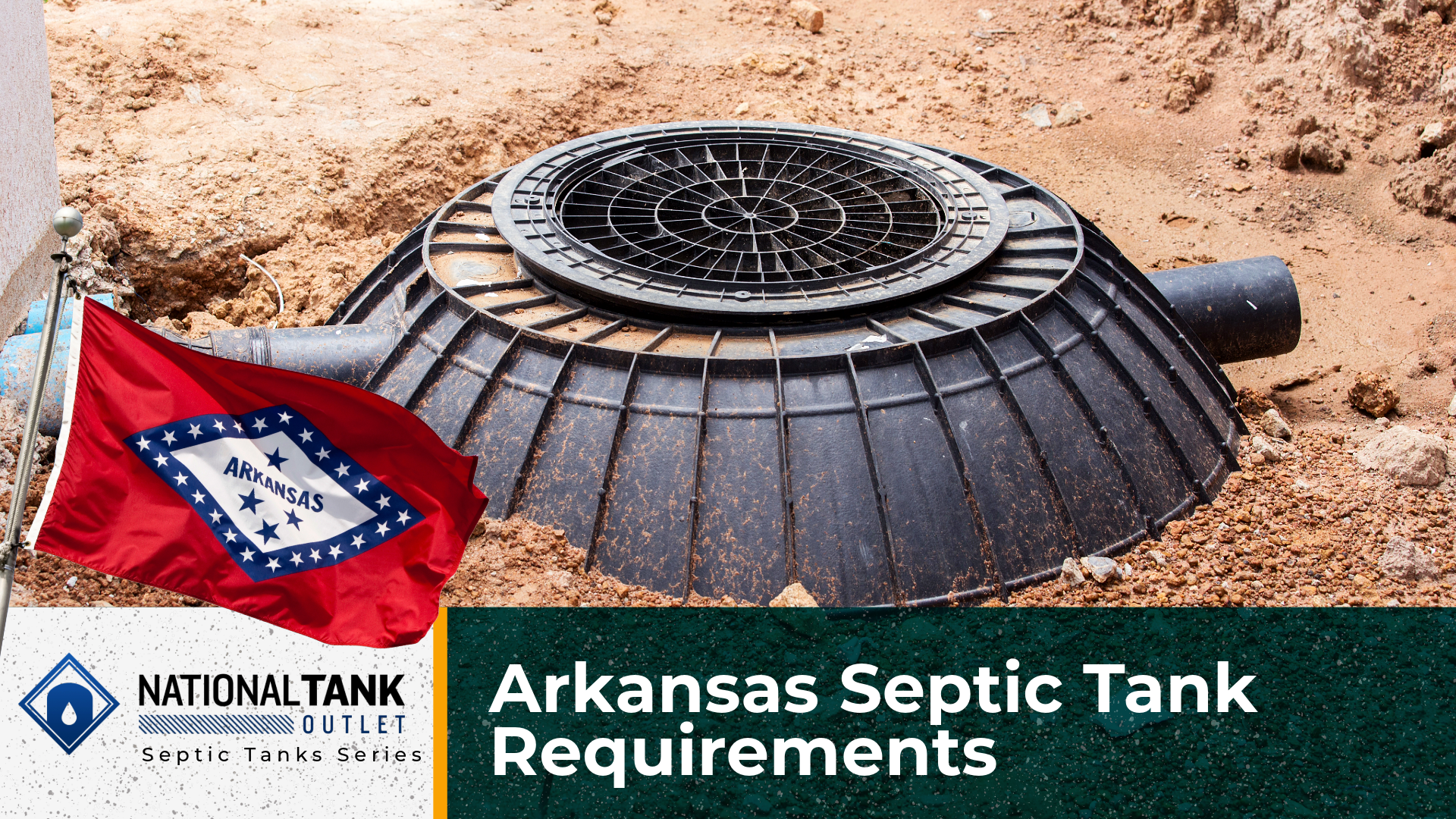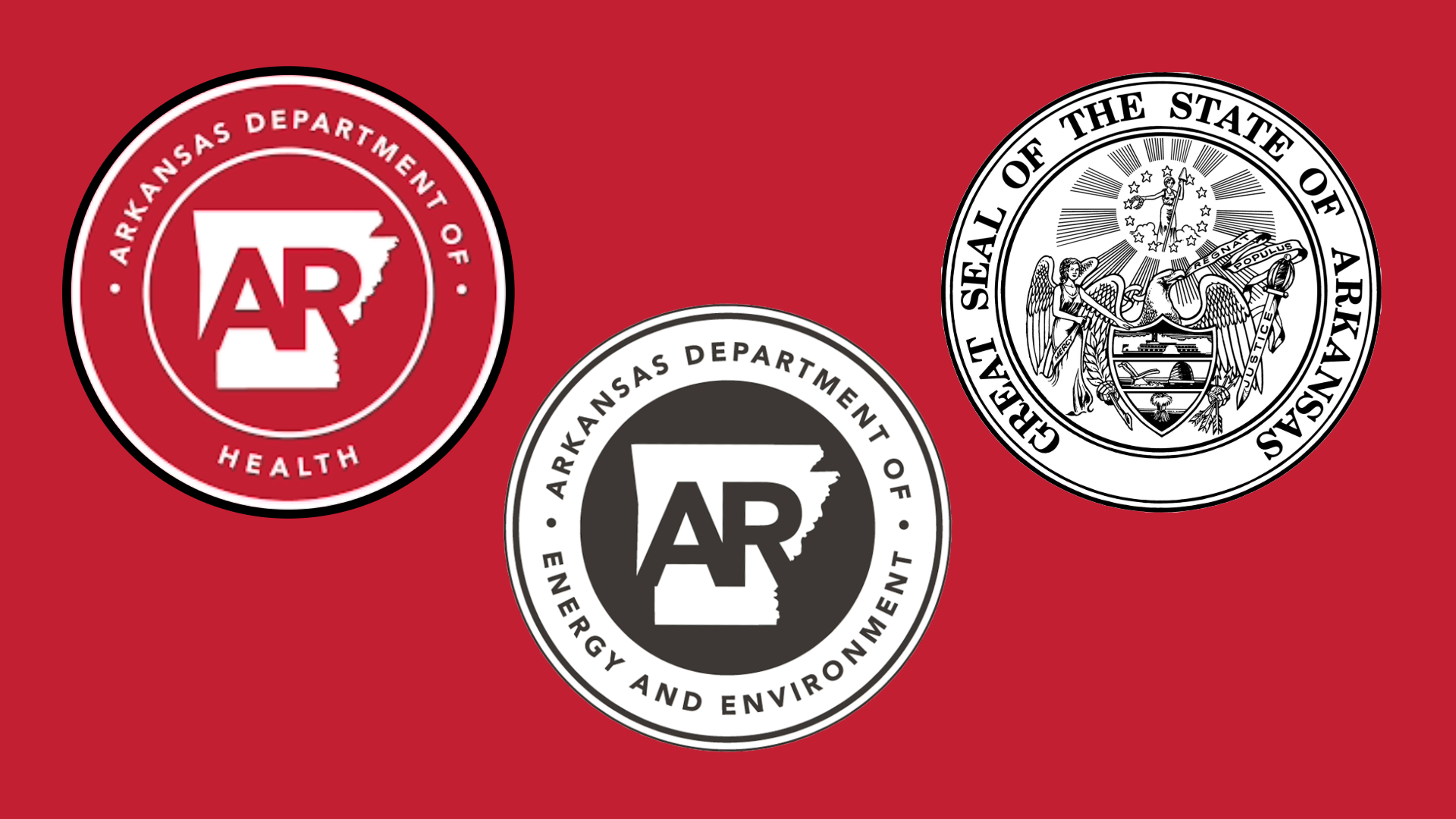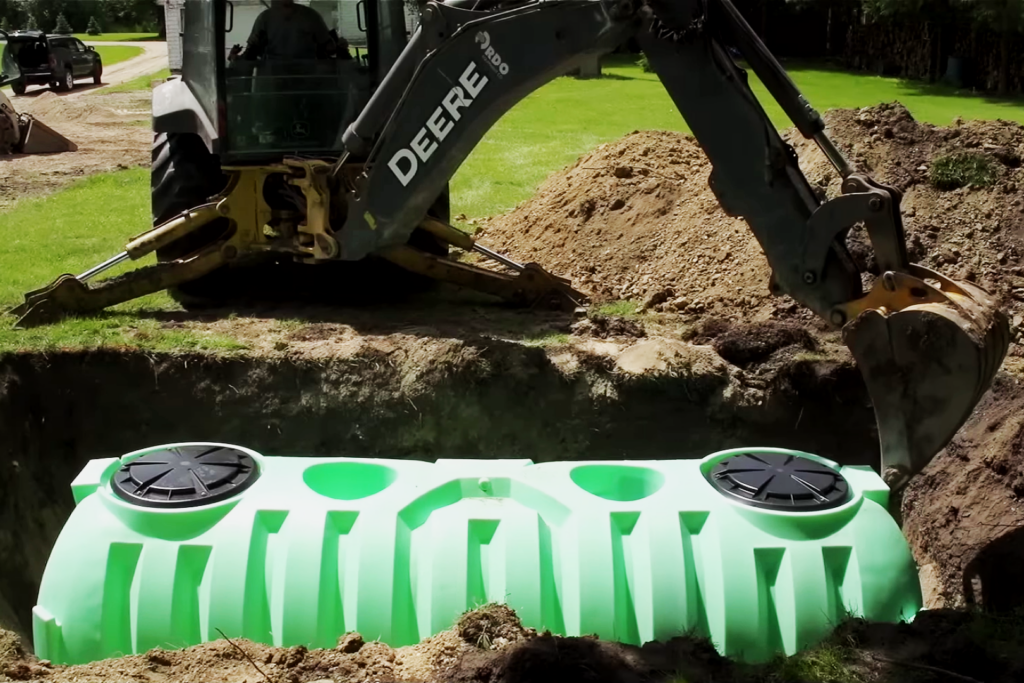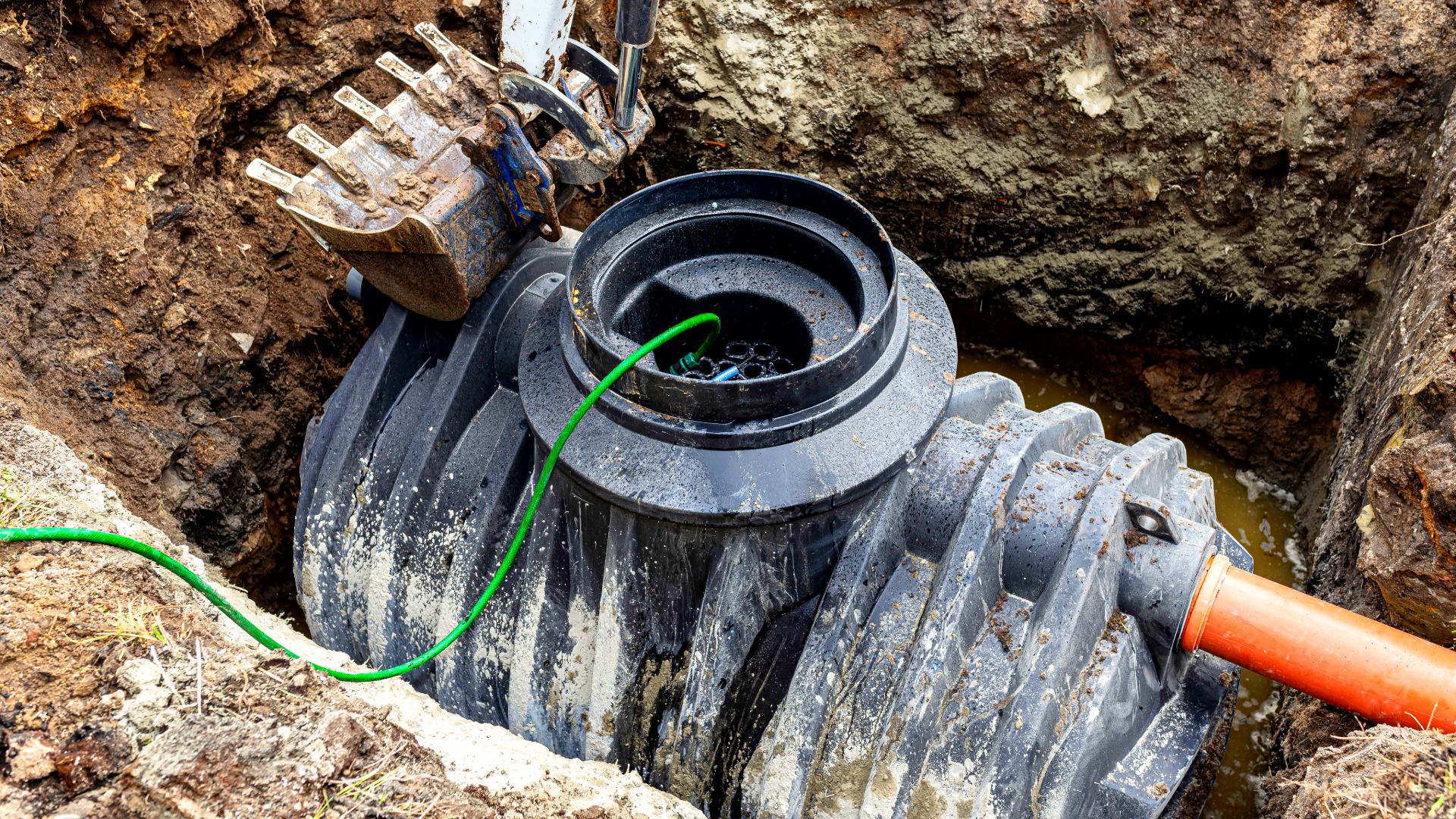
Arkansas is set between the Ozark Mountains and the Mississippi Delta. This provides a diverse landscape and vibrant communities, but not all areas have a public sewer system. For residents in these areas, efficient and responsible wastewater management becomes vital to a healthy property. In these situations, septic tanks serve as a personal sewer system for managing wastewater created on the site. To make sure these systems are installed correctly, work well, and don’t harm the environment, there are state rules to follow. In this guide, we will look at Arkansas septic tank requirements that residents, newcomers, and contractors need to know when planning, installing, and maintaining a septic tank.
Arkansas Septic Tank Regulations
In Arkansas, the primary government department that oversees septic systems is the Arkansas Department of Health (ADH), specifically its Onsite Wastewater Program. The ADH enforces the rules, regulations, and guidelines for on-site wastewater treatment facilities (OSTF) in the state. The regulations cover everything from system design and permitting to installation, maintenance, and inspections.

Can I Install My Own Septic Tank in Arkansas
The answer to whether you can install your own septic tank in Arkansas is yes and no as you have to become licensed similar to a contractor in order to do so. In Arkansas, according to Act 402 of 1977, individuals who want to install a septic tank must pass an examination administered by the Department to become a licensed installer of an on-site wastewater treatment facility and must register with the state before beginning work.

Installing a new septic system will require two permits from the Arkansas Department of Health: a permit for construction and a permit for operation. Due to the requirements of installation and steps necessary to obtain permits, it is typically not feasible for an individual to install their own septic tank in Arkansas as they lack the necessary qualifications.
So, yes, a homeowner could install their own septic tank if they have the education, have gone through the training, and have completed the testing to become licensed.
Can Polyethylene Septic Tanks Be Used in Arkansas
Yes, polyethylene septic tanks can be used in Arkansas State. According to legal guidance from the Arkansas Secretary of State, a septic tank must be watertight and made from corrosion-resistant material, with approved materials being concrete, fiberglass, and polyethylene.

Key Septic Tank Requirements
Due to the qualifications needed to install your own septic tank in Arkansas, the following key septic tank requirements will be provided from the perspective of hiring a licensed professional to perform the work.
1) Permits:
In Arizona, there are two permits mandated for septic tank installation and operation – the Permit for Construction and the Permit for Operation. To obtain these, the Arkansas Department of Health says to call your county health department and speak to the Onsite Environmental Specialist. The Environmental Specialist can advise you on who to contact to take the next steps in septic tank permits, design, and installation.

Following this, a soil test, system design, and any other necessary steps or information must be scheduled and/or contracted out by the property owner. When all the required steps and information have been obtained, the property owner can complete the application to file for a Permit for Construction.
After construction, the property owner must schedule an inspection with a representative of the ADH or local health department to ensure compliance with the system plans and codes and will then issue a Permit for Operation.
2) System Design:
Septic tank system design will be based on the lot layout, soil conditions known from evaluation tests, and the property’s building size. These details for septic tank design can be handled by an Arkansas Designated Representative.

3) Septic Tank Type:
Given the benefits of a polyethylene septic tank, we recommend their use over concrete built septic tanks. Compared to concrete, polyethylene septic tanks are lightweight, easy to maneuver, resistant to breaking and acidic soils, and lower in cost. These characteristics often make polyethylene septic tanks longer lasting and a preferred choice by contractors.
4) Installation:
Only Arkansas Onsite Wastewater Licensees can perform the physical installation of the system. A certified Licensee and Advanced Septic Installer must adhere to the approved design plans and follow the state’s requirements and guidelines for compliance and proper septic system operation. The Arkansas Department of Health (ADH) provides a table of Advanced Septic Installers to help home and property owners find a licensed professional.

5) Maintenance:
Regular maintenance is vital to keep the septic system working correctly and efficiently and to prevent environmental contamination and property problems such as sewage backups, clogs in the leach field, pooling, and odors. Similar to installation, only an individual or company with a Septic Tank Cleaner License in Arkansas can be employed to empty the septic tank every 3 to 5 years. Pumping is necessary to remove what is known as scum and sludge that buildup over time in the tank. Additionally, having the baffles and effluent filter inspected and cleaned regularly is also important.
Additional Considerations:
1) Alternative Systems:
In areas with unsuitable soil conditions or high groundwater levels, a conventional septic tank system may not be feasible due to inability to operate or efficiency. In such instances, the ADH may approve an alternative septic system such as a mound system, evapotranspiration system, or aerobic system. The ADH considers alternative systems on a case-by-case basis and will not consider an alternative system when an evaluation of the location indicates a conventional system will work.
2) Real Estate Transactions:
In the event of a transfer of ownership for the septic system, such as selling the property, Arkansas requires a septic tank inspection and submitting a completed Request for Permit Transfer.
Find the Septic Tank You Need for Wastewater Management In Arkansas with National Tank Outlet
By understanding and adhering to these regulations, Arkansas residents can make sure their septic systems work as needed and for years to come. If you’re in Arkansas and looking for a reliable, cost-effective septic tank for your wastewater management needs, look no further than the National Tank Outlet. Our underground septic tanks are designed for durability, easy installation, and to meet Arkansas requirements.
With a large range of sizes available, our septic tanks service both residential and commercial applications. If you are a homeowner or a contractor looking for Arkansas approved septic tanks, we have polyethylene built tanks in the sizes you need available for shipping with our lowest price guarantee.
Additional Resources
Disclaimer: This guide is intended to provide general information and expectations around the installation and requirements of a septic tank and system in the state of Arkansas and is not intended to substitute for professional advice or consultation from state departments or licensed professionals. The information provided is current and accurate to the best of our knowledge at the time of this writing. For specific advice on your individual situation, please consult with the Arkansas Department of Health, Onsite Wastewater Division, or a licensed septic tank professional.
